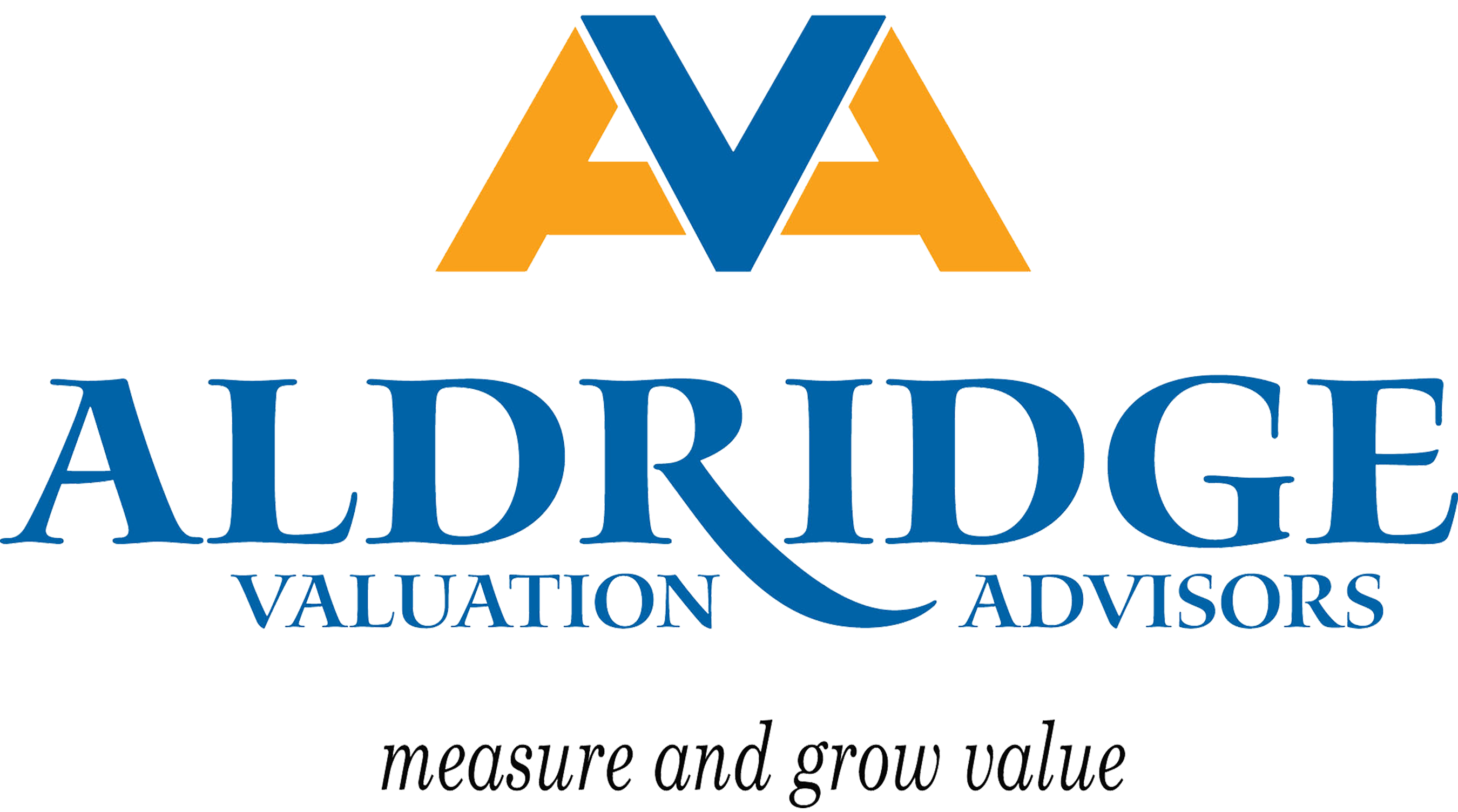Set your target
After you have changed your mindset from that of a seller to a buyer, the next step is to set your target in your exit plan. How? First you will need to determine the following:
- Benchmark your current business value. It is hard to set a target if you don’t know where your starting point is. (Hint: a business valuation will help benchmark your value.)
- How much money will you need when you exit to support the lifestyle you want to maintain?
When will you exit? - How long with the money last? (Hint: you will need an investment advisor to help with this.)
How many times have you heard a business owner say?
- I’m not ready to sell.
- I think I’ll keep working for a while longer then sell in a few years.
- I’ll just sell it to my kids when they get older.
- They may add, “I won’t sell for less than $X million. Afterall, I started this business 30 years ago and deserve that amount of money.” Or, “I need that amount to retire.”
Spoiler alert. That is not a plan. It is a hope or dream.
Compare the approach above to the following plan below:
- The current value of my business is $6 million.
- The target value that I need/want upon exit is $10 million.
- I want to realize this value in 5 years or by 2024.
- The rest involves a plan to get you there. This will involve specific action items for sales, operations finance, people, processes, and technology. More on this in future articles.
Although you cannot predict exactly when you will sell, or how much you will realize upon exit, you can certainly plan for it and take the necessary steps along the way to get you where you want to be, when you want to be there. Planning alone is not enough. You must execute that plan. But no plan at all is failure from the start.
Exit Planning does not mean you are ready to exit now. Exit Planning means executing good, sound business strategy over time. More than likely, it takes 2-5 years to execute the plan. Plus, one never knows when a good offer will make it worth your while. I worked for a company several years ago, which later sold. The owner received calls all the time about people wanting to buy his business. He wasn’t interested. Finally, one caller pressed him a bit further and asked, “How much will it take to buy your business?” The owner was still not interested but threw out a pretty high number for his business. The buyer said, “Deal.” And we proceeded to close.
If you don’t have a target, chances are you won’t hit it either.
For more on setting your target, watch this 2-minute video.
Takeaway:
- Set your target.
- Establish a benchmark value for your company.
- Set a target value that you want to realize upon exit.
- Set a target time frame for when you want this to occur.
- Make a specific plan to be used on a weekly basis (not some plan that sits on a shelf and no one looks at it until a year later.) Use it weekly to manage your business. Adjust the plan quarterly as needed.
- Breakdown specific action items by sales, finance, operations, people, and technology.
- Communicate, delegate, and hold them accountable.
If you follow these steps, the value of your business will likely increase. Please feel free to reach out to me with any feedback you are willing to share, pro or con.
If you have any questions about measuring and growing the value of your business, please contact me for a free conversation.
